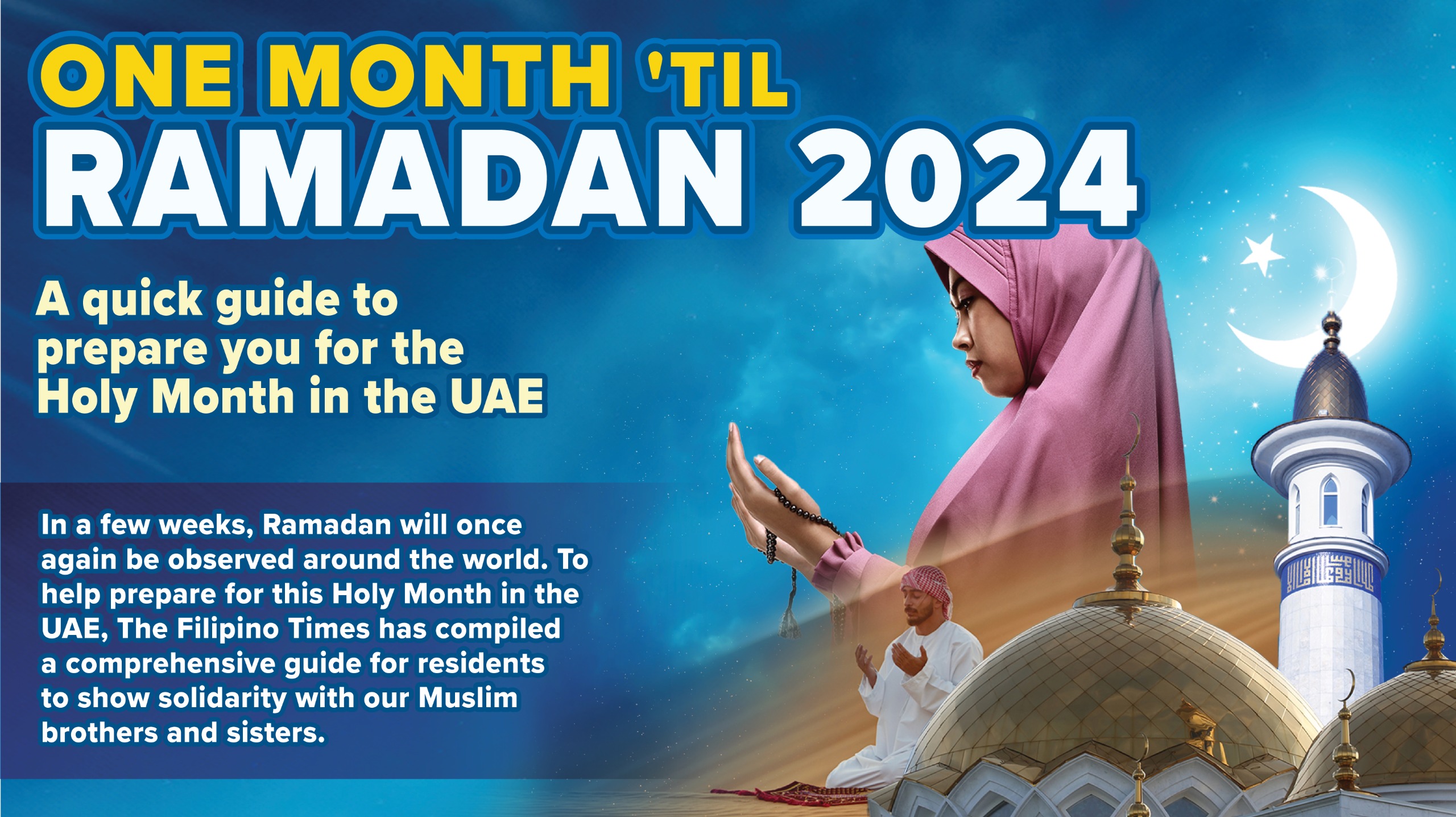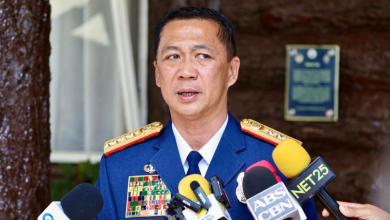Ramadan is considered the holiest month for the Muslim community all over the world. As residents of the United Arab Emirates (UAE), whether new or old, we need to understand its essence, traditions, etiquette, and how we can take part in celebrating this sacred occasion.
In just a few weeks, Ramadan will be observed globally, including the UAE. To stay informed and not be caught off guard by the rules, here’s everything you need to know about the Holy Month:
What is Ramadan?
Ramadan is the ninth month of the Islamic calendar. It begins at the first sighting of the new crescent moon and lasts 29 or 30 days, depending on the sighting of the next crescent.
This month represents spiritual reflection, self-discipline, and blessings. It is a time for Muslims to reflect on their faith and strengthen their relationship with Allah.
During Ramadan, capable Muslims must refrain from eating and drinking from dawn until dusk. This fasting practice is one of the fundamental pillars of Islam.
When will Ramadan begin?
For the first time in 24 years, Ramadan this year will fall during the winter season of the country. According to astronomical forecasts, Ramadan is predicted to begin on March 12, 2024, Tuesday, and is expected to last for 29 days.
In recent years, the Holy Month has consistently been observed during the summertime, posing challenges for those fasting—increasing their need to consume more water.
However, now that it will likely be observed during winter in the country, the fasting duration will be reduced as winter days are shorter.
When will Ramadan end?
The last fasting day for Ramadan this year is predicted to be on April 9, Tuesday. This means that Eid Al Fitr, the Holiday of Breaking the Fast, will fall on April 10, Wednesday. Residents in the UAE can anticipate a six-day holiday break, from April 9, Tuesday, to April 14, Sunday.
Dos and don’ts during Ramadan
Non-Muslims are not required to fast during the Holy Month. However, there are certain rules and etiquette to follow for us to show our solidarity with our Muslim brothers and sisters.
Everyone is urged to dress appropriately during these sacred times. We are also encouraged to greet and wish those who are observing this occasion a happy Ramadan. We can do so by saying ‘Ramadan Kareem’ which means ‘Blessed Ramadan’.
Meanwhile, as Muslims fast during the day, non-Muslims are prohibited from eating, drinking, and smoking in public during the fasting hours. Moreover, everyone should not engage in any aggressive behavior, play loud music in public, swear in public, or refuse a gift, or an invitation to join someone in their Iftar celebrations, which is a meal taken at sundown to break the daily fast.
Changes in timings during Ramadan
During Ramadan, operating hours of offices, malls, restaurants, and other establishments may be affected. This includes the following:
Working hours of offices are reduced by two hours, without cutting pay. This allows Muslims to prepare for their Iftar celebrations, and non-Muslims to enjoy the rest of the day.
Most restaurants close during the hours of fasting, and start their operations after evening prayers. Meanwhile, there are selected restaurants and food stalls who still open during the day, allowing customers to order food for dine-in, as long as within enclosures.
Public transportation and parking timings also change during Ramadan. Government transport entities in each emirate release their revised timings online to help commuters and motorists.
Sharing the joy of Ramadan between cultures
With over one million Filipinos residing in the UAE, we have injected the spirit of Ramadan into our lives, allowing cultural exchange and mutual respect between faiths. During this sacred time, Overseas Filipinos (OFs) join their Muslim friends and colleagues in observing the traditions of prayer, fasting, and reflection.
Many Filipinos in the country look forward to Iftar gatherings, where they share meals that offer a taste of the culinary traditions of both Filipino and Emirati cultures. This fosters a sense of solidarity and openness to embrace diverse customs.
Furthermore, Filipinos celebrate this special occasion by organizing events such as charity drives, Iftar gatherings, and cultural performances among government offices and organizations. In the spirit of Bayanihan, these entities come together to support various charitable initiatives aimed at helping those in need, both within the Filipino community and beyond.
Aside from these, another exciting thing about Ramadan is that residents look forward to the massive shopping sales and exclusive offers in malls, supermarkets, and other establishments. Ramadan is a period where families spend time together, people socialize, and individuals prioritize gift-giving, thus, making this month perfect for budget-friendly shopping.
So, before Ramadan officially commences in less than a month, let us keep this essential information in mind for us to be guided in navigating through this period.
Let us be one with our Muslim brothers and sisters in observing this sacred time, and prepare to embark on this spiritual journey together.





